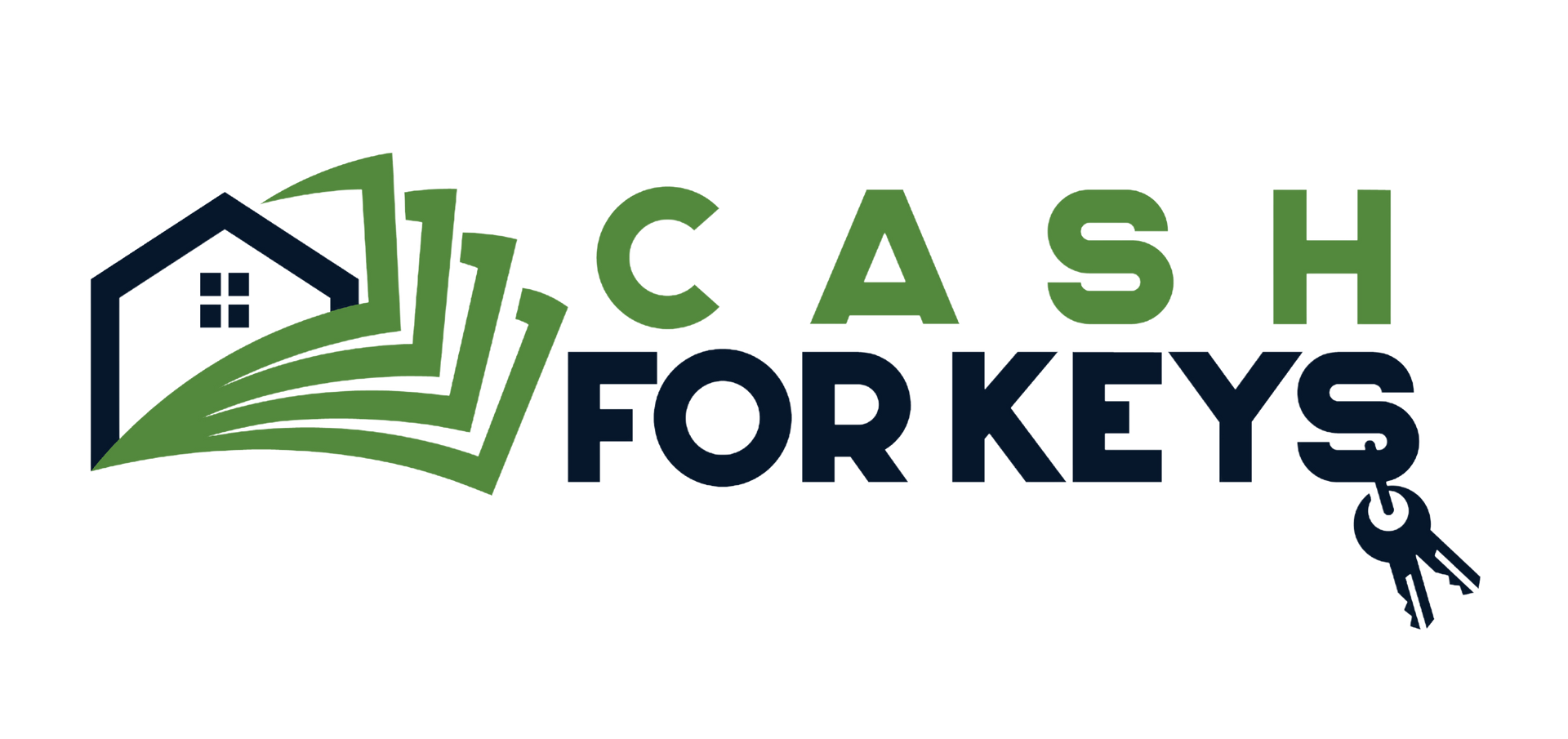Quick Home Sales and Tax Considerations in California
Quick home sales are becoming more common in California, particularly in bustling areas like Sacramento and its neighboring cities. These transactions, often conducted in cash, provide homeowners with speed and convenience, appealing to those who need to relocate quickly or are facing financial difficulties. The increasing number of companies offering cash deals in places such as Sacramento, Elk Grove, and Rancho Cordova highlights the demand for these expedited sales.
Understanding Quick Home Sales in California
The process of quick home sales is streamlined, frequently bypassing traditional real estate methods. Cash sales are a major component, where buyers provide immediate payment, eliminating the need for financing. This approach significantly reduces the time from listing to closing, benefiting sellers who prioritize speed and convenience. Situations leading to quick home sales often include financial difficulties, sudden relocations, or the need to settle an estate. Numerous companies in Sacramento and nearby cities specialize in providing cash offers, catering to the growing demand for fast transactions.
Capital Gains Tax and Quick Home Sales
Capital gains tax is an important factor for homeowners selling their properties in California. This tax is imposed on the profit from the sale of an asset, such as a home. It is crucial to differentiate between short-term and long-term capital gains, as the tax implications vary. Short-term capital gains apply to properties held for less than a year and are taxed at ordinary income rates. On the other hand, long-term capital gains, for properties held longer, benefit from lower tax rates. Quick home sales may influence the capital gains tax, particularly if the property is sold within a short time frame. For example, selling a home in less than a year might lead to higher tax liabilities due to short-term gains.
Exemptions and Reductions in Capital Gains Tax
Homeowners can take advantage of the primary residence exclusion, which significantly reduces capital gains tax liability. To qualify, the home must have been the primary residence for at least two of the five years preceding the sale. Eligible homeowners can exclude up to $250,000 of gain for single filers and $500,000 for married couples filing jointly. Not all sellers qualify for this exclusion. Those who haven't met the residency requirement or have claimed the exclusion on another home sale within the last two years may not be eligible. Practical examples include homeowners who have lived in their property for over two years before selling quickly, thus qualifying for the exclusion and reducing their tax burden.
Potential Tax Liabilities Beyond Capital Gains
Homeowners should be aware of other potential tax liabilities beyond capital gains. State taxes in California can impact the overall tax outcome of a home sale. Selling a second home or an investment property quickly might introduce additional complexities, such as depreciation recapture, which applies to rental properties. Depreciation recapture involves taxing the depreciation deductions previously claimed on the property.
Strategies to Minimize Tax Burden Post-Sale
Several strategies can help homeowners minimize their tax burden after a quick sale. Maintaining accurate records of home improvements and related expenses is crucial, as these can increase the home's basis and reduce taxable gains. Consulting with a tax professional can also uncover potential deductions and credits that might apply. For investment properties, a 1031 exchange could be considered, allowing sellers to defer taxes by reinvesting proceeds into a similar property.
Common Misconceptions About Taxes in Quick Home Sales
There are several misconceptions about the taxation of quick home sales. One common myth is the immediate taxation of cash received from a sale. Taxable income is calculated based on the gain, not the total sale proceeds. Another misconception is that quick sales inherently lead to higher taxes. In reality, tax liabilities depend on various factors, including the duration of ownership and applicable exclusions. Understanding individual tax situations is crucial for accurate tax planning.
Local Considerations and Real Estate Trends in California
Real estate trends in California, especially in Sacramento and nearby areas, influence quick sales and their tax implications. The market's dynamics, driven by local economic factors such as job growth, migration patterns, and housing supply, affect property values and sales frequency. As demand for homes continues to rise, especially in suburban areas like Elk Grove and Roseville, property prices have seen steady increases, making quick sales appealing to homeowners who want to capitalize on the current market conditions.
These quick sales may also have tax implications, particularly for those selling properties that have appreciated significantly in value. Homeowners should be aware of potential capital gains taxes if they’ve owned their property for a longer period, as the IRS may impose taxes on any profits made from the sale.
Expert Opinions and Legal Advice
Tax experts and real estate professionals emphasize the importance of managing tax liabilities in quick sales. Legal considerations are crucial for homeowners contemplating a rapid sale. Without proper tax planning, potential pitfalls and challenges can arise. Seeking personalized advice from qualified professionals ensures that homeowners make informed decisions tailored to their unique circumstances.
Case Studies: Real-Life Examples of Quick Home Sales and Tax Implications
Examining real-life case studies of quick home sales in California provides valuable insights into their tax implications. These examples highlight the financial outcomes and lessons learned, showcasing successful strategies and common mistakes. By understanding these scenarios, other homeowners can better navigate their quick sale experiences, avoiding potential pitfalls.
Planning for Future Home Sales
For homeowners planning future sales, long-term strategies are essential. Understanding tax implications early in the homeownership journey allows for better financial and real estate planning. Maintaining flexibility and considering market timing can maximize the benefits of future sales. Economic forecasting and market analysis play critical roles in these decisions.
Cultural and Geographical Influences on Quick Home Sales in California
Cultural attitudes towards homeownership and sales vary across California, influencing quick sales. Geographical factors, such as urban versus rural settings, also impact these transactions. Community dynamics in areas like Elk Grove and Rancho Cordova affect real estate decisions, reflecting the diverse cultural landscape of California.
Financial Planning and Quick Home Sales
Effective financial planning is crucial when considering quick home sales. Homeowners should assess their financial goals and how a quick sale aligns with them. Understanding the financial implications can help homeowners make informed decisions and optimize their financial outcomes. Professional advice can be beneficial in aligning sales strategies with long-term financial plans.
Understanding the complexities of quick home sales and their tax implications is essential for homeowners in California. By gathering information and seeking expert guidance, homeowners can make informed decisions. Balancing the need for quick sales with tax efficiency allows homeowners to navigate the real estate market more effectively.
To explore quick home sale options and understand their tax implications, contact Cash for Keys today. Our team is ready to assist you with expert guidance tailored to your unique circumstances.










